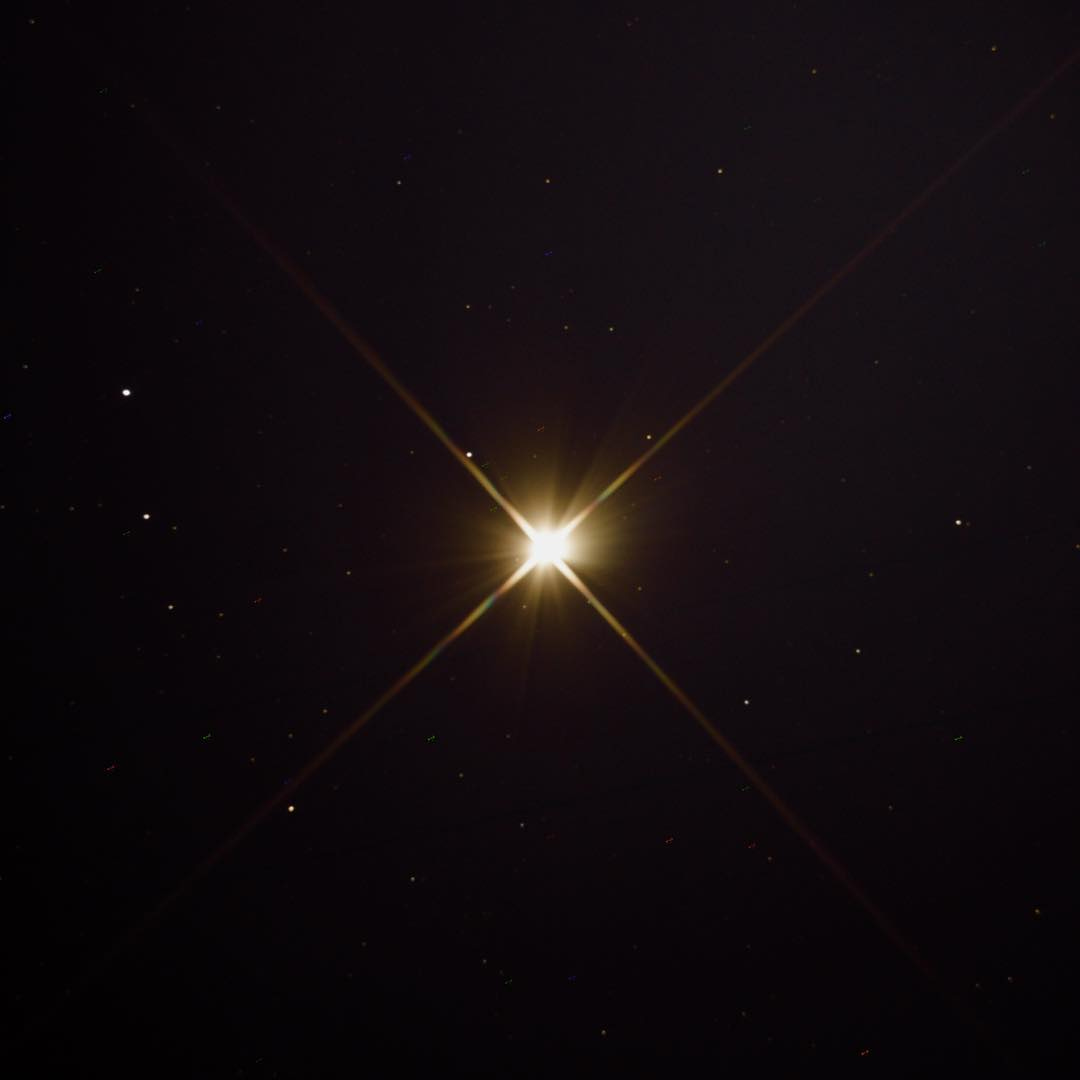Why Do the Brightest Stars Sometimes Fade?
A reflection that something deeper is possibly at work.
It is no secret to anyone who knows me well enough that my favorite constellation is Orion, and I’ve always been captivated by Betelgeuse. That ruby-red shoulder of Orion has pulsed in our night sky like a cosmic heartbeat long before we ever existed; sometimes it burns bright, sometimes not so much, always mysterious. Recently, astronomers uncovered something astonishing about this star’s behavior: that it has a hidden companion star orbiting near Betelgeuse. And suddenly, the mystery of its fluctuating brightness began to make sense.
For years, scientists puzzled over why Betelgeuse would dim so dramatically, even sparking rumors of an imminent supernova. But now we know; this hidden object, likely a smaller star or dense remnant, has been influencing Betelgeuse’s light all along. Its gravitational dance, its quiet presence, was subtly shaping what we saw from Earth.
And that got me thinking.
How many of us feel like our light dims for reasons we can’t explain? How often do we wrestle with seasons of spiritual obscurity, wondering why we don’t shine like we used to? What if the mask you wore shone so bright it fooled everyone around you, even those closest to you, into thinking you had it all together and life was perfect? (I may be speaking from experience).
Sometimes, what dims us isn’t destruction; it’s proximity. Something hidden, something close. A companion we didn’t know was there. It might be grief, doubt, fear, or even a calling we haven’t yet understood. Like Betelgeuse, we’re not broken; we’re being shaped.
Scripture speaks to this beautifully. In 2 Corinthians 4:17–18, Paul writes:
“For our light and momentary troubles are achieving for us an eternal glory that far outweighs them all. So we fix our eyes not on what is seen, but on what is unseen…”
Betelgeuse reminds me that unseen things matter. That what’s hidden can influence what’s visible. And that God often works in the shadows, quietly, faithfully, drawing us into deeper understanding. This can require the dimming of a superficial light, only to reveal the potential of possibly a brighter light.
The discovery of this companion star doesn’t diminish Betelgeuse’s wonder; it deepens it. Just like our hidden struggles, our unseen prayers, and our quiet growth don’t make us less; they make us more.
So when you look up and spot Orion’s shoulder glowing faintly red, remember: even the brightest stars have companions that shape their story. And maybe, just maybe, the dimming you feel is part of something unexpected and brighter in the future.
Until next time, keep looking up.
-g



